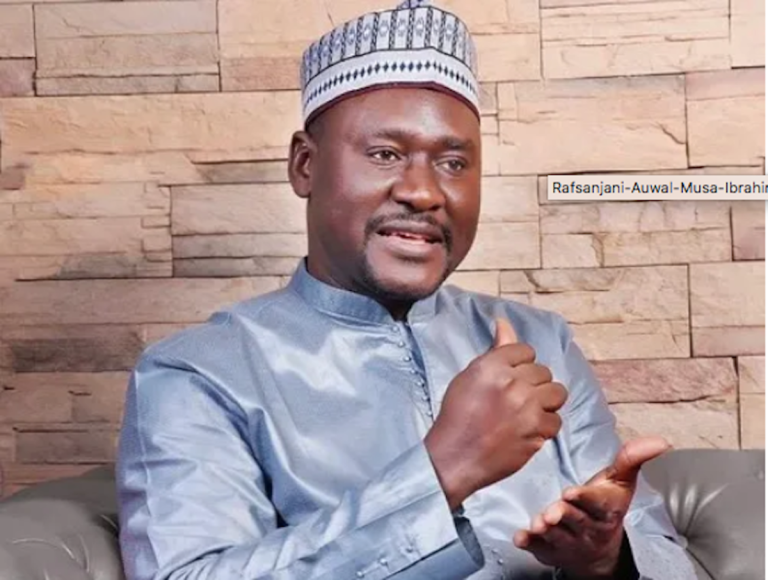By Chukwuma Umeorah
The Civil Society Legislative Advocacy Centre (CISLAC) has called for decisive measures to enhance external oversight, tackle corruption, and address secrecy in Nigeria’s defence and security sector.
Speaking at a workshop organised in collaboration with Transparency International (TI) Defence and Security Programme, the Executive Director of CISLAC, Auwal Ibrahim Musa (Rafsanjani), noted that despite increased budgetary allocations, Nigeria continues to grapple with widespread insecurity and allegations of corruption in the defence sector.
Rafsanjani underscored the urgent need for reforms to promote accountability and transparency in a sector that remains one of the most opaque in the country. Highlighting Nigeria’s troubling performance on the Government Defence Integrity Index (GDI), which ranks the country “E” (Very High) for financial corruption risk and “F” (Critical) for procurement and operational transparency, Rafsanjani decried the lack of accountability in defence spending.
“The sector has become synonymous with secrecy and inefficiency. Over N3.1 trillion has been lost to fraudulent arms procurement deals involving military chiefs, contractors, and politicians. This is unacceptable and undermines Nigeria’s security efforts,” he said.
According to him, this lack of transparency not only emboldens corruption but also jeopardises counterterrorism efforts and weakens operational efficiency. The workshop also explored the legal and structural barriers to transparency in the sector. It was observed that the Freedom of Information Act (FOIA) of 2011, which advocates information accessibility, is often at odds with restrictive laws like the Official Secrets Act and the Public Procurement Act of 2007. While these laws permit secrecy under the guise of national security, they also create loopholes that allow corruption to thrive.
“Without a clear distinction between classified and non-classified information, it becomes difficult to hold the sector accountable,” Rafsanjani explained.
The workshop, held in Lagos, brought together civil society representatives, media practitioners, and state actors to discuss practical strategies for improving external oversight and information disclosure in the sector. In a communiqué issued at the end of the event, CISLAC proposed several key recommendations, including strengthening internal accountability mechanisms such as Human Rights Desks within defence institutions to address rights violations during operations. They also called for “the institutionalisation of a centralised portal for information disclosure, allowing external oversight bodies, including civil society and the media, easier access to critical data.”
Another major recommendation was to subject members of Defence and Security Legislative Committees, as well as contractors, to rigorous scrutiny to prevent conflicts of interest and corruption. CISLAC also emphasised the importance of empowering oversight institutions, such as the Auditor-General’s Office, with financial autonomy and the authority to extend audits to defence procurement and financial activities.
Rafsanjani stressed that public awareness and engagement were critical to ensuring accountability. “We need to promote structures like the Nigeria Police Complaints Response Units (NPF-CRU) to enhance accessibility and public demand for accountability,” he stated. The broader implications of ineffective oversight were discussed, including the low morale of front-line troops, empowered insurgencies, and endangered lives and property. “Without proper checks and balances, defence budgets are mismanaged, and the very essence of national security is compromised.”
